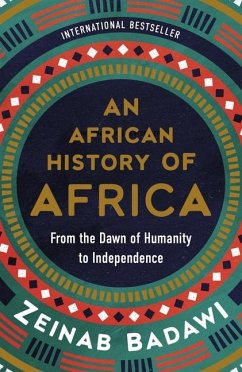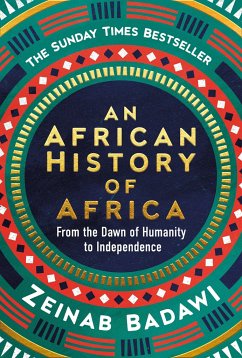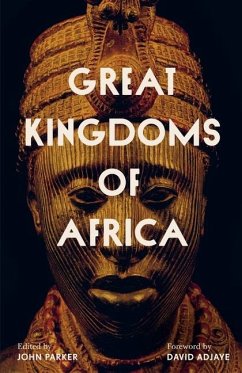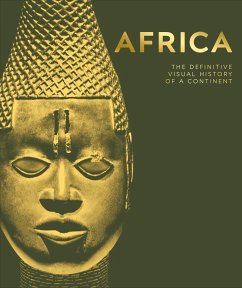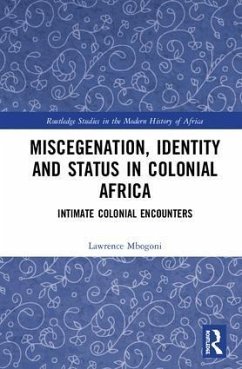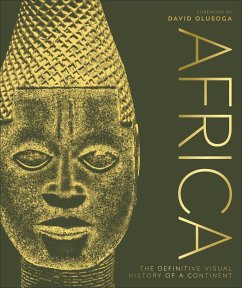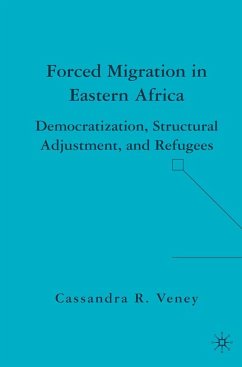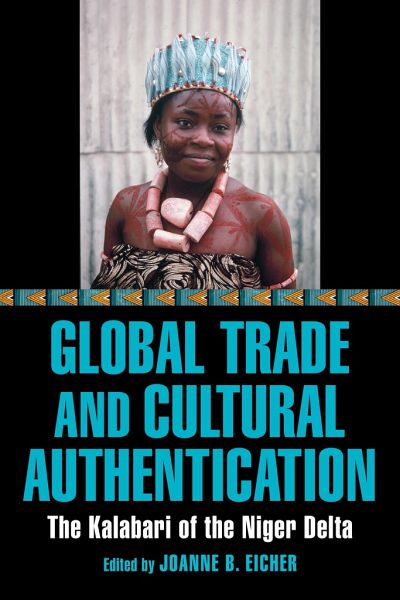
Global Trade and Cultural Authentication
The Kalabari of the Niger Delta
Herausgeber: Eicher, Joanne B
Versandkostenfrei!
Versandfertig in über 4 Wochen
54,99 €
inkl. MwSt.
Weitere Ausgaben:

PAYBACK Punkte
27 °P sammeln!
Global Trade and Cultural Authentication, edited by Joanne Eicher, showcases the complexity and enduring aesthetic and ingenuity of Kalabari artisans. The Kalabari people, most of whom make their homes in the eastern Niger Delta region of western Africa, are renowned for the artistry in working with globally imported textiles and dress for centuries. The 22 essays in this edited volume feature the work of leading Nigerian and American scholars and offer an in-depth, nuanced understanding of Kalabari textiles, aesthetics, and engagement with past and present global trade networks. Using d...
Global Trade and Cultural Authentication, edited by Joanne Eicher, showcases the complexity and enduring aesthetic and ingenuity of Kalabari artisans. The Kalabari people, most of whom make their homes in the eastern Niger Delta region of western Africa, are renowned for the artistry in working with globally imported textiles and dress for centuries. The 22 essays in this edited volume feature the work of leading Nigerian and American scholars and offer an in-depth, nuanced understanding of Kalabari textiles, aesthetics, and engagement with past and present global trade networks. Using dress and textiles as a lens, Global Trade and Cultural Authentication explores the Kalabari people's centuries-long role in the global trade arena. Their economic interconnectedness demonstrates that Africa was never a "dark continent" but, rather, critically involved in a global trade built around Kalabari resourcefulness and imagination.




